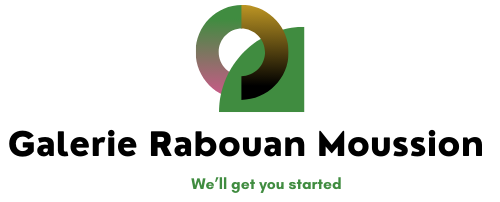Discrimination in the workplace is an unfortunate reality that many employees face. It can take various forms, including ageism, sexism, racism, and disability discrimination, among others. When you find yourself in a situation where you believe you are a victim of workplace discrimination, seeking legal counsel is often the most effective course of action.
Employment lawyer free consultation Ontario is a service that allows you to get in touch with a qualified and experienced lawyer who can assess your case and advise you on your legal options. In this article, we will explore when and why you should consider consulting an employment lawyer, with a focus on obtaining a free consultation in Ontario.

Recognizing Workplace Discrimination
Before delving into the importance of seeking legal counsel, it is essential to recognize the signs of workplace discrimination. Discrimination can manifest in several ways, such as:
Unequal Treatment: Being treated unfairly or differently compared to your colleagues based on characteristics like race, gender, religion, age, disability, or sexual orientation.
Harassment: Experiencing persistent and unwelcome behavior or comments that create a hostile work environment, including verbal, physical, or written harassment.
Unequal Opportunities: Being denied opportunities, promotions, or advancements based on discriminatory motives, even when you are qualified.
Retaliation: Facing negative consequences, such as demotion or termination, as a result of filing a complaint or speaking out against discrimination.
Seeking Legal Counsel
If you suspect workplace discrimination, it’s crucial to know when to seek legal counsel. Here are some scenarios in which consulting an employment lawyer becomes imperative:
Persistent Discrimination: When you have experienced ongoing discrimination despite attempting to resolve the issue within your workplace, it may be time to consult a lawyer.
Retaliation: If you have faced adverse actions from your employer or colleagues after reporting discrimination, an employment lawyer can help protect your rights.
Complex Cases: Discrimination cases can be intricate and challenging to navigate on your own, especially when dealing with multiple forms of discrimination or complex legal regulations. An experienced lawyer can provide the necessary expertise.
Loss of Employment: If you have been wrongfully terminated due to discrimination, an employment lawyer can help you seek remedies such as reinstatement, back pay, or compensation for damages.

The Importance of a Free Consultation in Ontario
Obtaining a free consultation with an employment lawyer in Ontario can be a critical first step in addressing workplace discrimination. Here’s why it’s advantageous:
Assessment of Your Case: During a free consultation, the lawyer will evaluate the details of your case and determine if you have a valid claim for workplace discrimination.
Understanding Your Rights: The lawyer will explain your rights as an employee under Ontario’s employment laws, helping you understand what protections you have against discrimination.
Legal Strategy: You will receive advice on the best legal strategy to pursue your case, whether through negotiations, mediation, or litigation.
Cost Evaluation: Knowing the potential costs and fees involved in pursuing a discrimination case will help you decide to proceed with legal action.
Conclusion
Discrimination in the workplace can have serious and far-reaching consequences for employees. When you encounter such a situation, it is essential to recognize the signs and take action to protect your rights. Seeking legal counsel, particularly through a free consultation with an employment lawyer in Ontario, can be a crucial step toward achieving justice and putting an end to workplace discrimination.
Remember that you don’t have to face workplace discrimination alone; legal professionals are ready to help you navigate this challenging terrain. So, if you believe you have been a victim of workplace discrimination, don’t hesitate to seek legal advice and take action to protect your rights.



